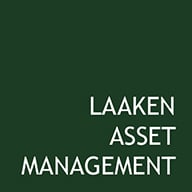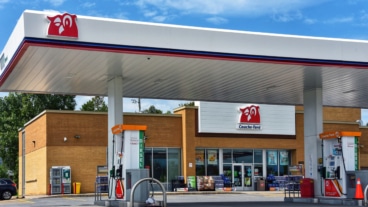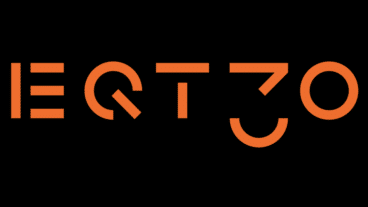Direct lenders, like ARCC, provide loans to companies in the private markets. Just like a bank, a direct lender earns the spread between the interest it receives on these loans and their own financing costs. The direct lending market grew approximately fourfold over the past decade. Largely driven by the rise of private equity and the increasing share of private debt in their acquisition financing. Private debt is an attractive funding source for private equity, as borrowers only have to work with one or a few lenders, there is more flexibility and preservation of confidentiality. With committed capital at US private equity firms near record-highs, the outlook of the direct lending market is bright.
We believe that ARCC is the best operator in the direct lending market because of its scale and reputation. ARCC has a net asset value (NAV) of $9.5 billion, which compares to a $3.3 billion average for its top ten competitors. This scale allows them to make loans to larger companies, which the majority of their competitors cannot offer. Their reputation and relationships with private equity sponsors and portfolio companies gives ARCC access to ample deal flow. As a result, ARCC can be selective to whom they lend money. ARCC finances less than 5% of the deals they review and over 50% of their loans go to repeat borrowers.
This positive selection allows ARCC to make better investments and at better terms than the industry. This manifests in industry leading financial performance. ARCC generates a return on equity in excess of 10% and grew their NAV per share by 2% per year. This compares to a below 10% return on equity and a 1.5% annual NAV per share decline for the industry. Moreover, ARCC reports on average a 1% annualized net gain on its investments versus a 1% net loss across the industry. This means that ARCC not only earns better returns, they also have significantly lower credit losses.
Valuation
ARCC trades close to its Net asset value of their portfolio. They pay out nearly all of its earnings as dividends, granting stockholders a ~10% dividend yield. They maintained or increased their dividend for 54 consecutive quarters. We expect low-teens total returns per annum based on the 10% dividend yield and a 2% growth in NAV per share. We believe this can even be higher in the near-term as ARCC benefits from rising interest rates. Close to 75% of their investments are on a floating rate basis, while their funding is largely rate insensitive. A 100 basis points rise in interest rates, increases earnings, and thus dividends, by 10-15%.
Risks
The biggest risk for ARCC is that they incur large losses on their loans outstanding. While we cannot predict the future state of the economy, we can evaluate ARCC’s risk management framework. ARCC lends to 400 companies with the largest representing less than 1.5% of total assets. The portfolio mainly consists of non-cyclical companies and close to 70% of the loans are senior secured. Moreover, private equity managers control around 83% of the portfolio companies. This is beneficial for ARCC as sponsors typically step in and infuse additional capital when these companies face challenging times. Lastly, because ARCC often represents a meaningful part in their companies’ capital structure, they also have the ability to step in and take action to mitigate losses at troubled assets.
ARCC has historically managed the credit cycle well. Their return on equity remained steady at 9-12% ever since 2006, even in periods of economic downturns. For example, in the financial crisis of 2007-2009, realized losses and the return on equity remained stable. Additionally, ARCC collected 99% of their contractual interest payments during the COVID-19 pandemic. Despite this performance, ARCC is also one of the most volatile stocks in the Laaken portfolios.
Management
We like to see management with a long tenure and a good performance history. The majority of ARCC’s investment committee has been with the company since inception (~18 years). Over this period, ARCC has built a track record that is second to none in the industry. We recently visited ARCC at its headquarters in New York. We had the opportunity to talk to several employees, which left us with a really good impression.
ESG
ARCC recently started to provide more disclosure on ESG-related topics and published its first sustainability report last year. Aside from making their own operations more sustainable, ARCC also engages with its portfolio companies on ESG matters and considers this when reviewing deals. ARCC’s global head of ESG reports directly to the CEO.







